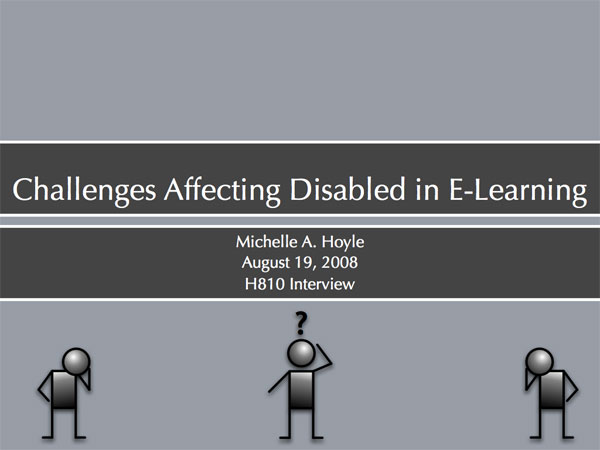Interesting facts:
- 60% of MMORPGs players are in the 20-35 year-old demographic (Nick Yee in Escoriaza 2009).
- In World of Warcraft specifically, 47% of players in 2005 were 26 years or older. (Yee 2008).
- About 75% of new students to The Open University are 26 years or older (Jha 2010, p. 20).
When you consider that World of Warcraft had more than 11.5 million active subscribers by the end of 2008 (Blandeburgo 2009), that’s more than 5.4 million people in an age group very interesting for my work in higher education via distance education. In particular, remember that these 5.4 million people are often very compelled (sometimes even addicted) to play. What is it that motivates these people and what real-life tangible learning benefits are derived?
Those are questions that I intend to answer in the WoW Learning project, a study of learning in World of Warcraft. Quietly built earlier this month and located at the memorable WoWLearning.org, it will be a repository for data, posts, and papers about my Ph.D. research into the learning, motivation, and communities of practice formation demonstrated by World of Warcraft players, both in the game and on forums.
As the project will include ethnographic work in World of Warcraft as well as surveys, in the interests of transparency and to help foster credibility, postings are made using my World of Warcraft character name “Elsheindra (Michelle)” instead of my full real name or commonly used Internet nickname of “Eingang.”
References
- Blandeburgo, B. (2009) ‘Activision “WoWs,” But Where’s Wireless?’, The Game Trade Journal, blog entry posted March 4, 2009. Available from: http://www.gametradejournal.com/2009/03/activision-wows-but-wheres-wireless.html (Accessed March 30, 2010).
- Escoriaza, J.C.P. (2009) Second Skin. [MPEG 4 Film]. United States: Liberation Ent.
- Jha, J. (2010) ‘Harnessing Technology To Open Up Learning for All: Interview Martin Bean, Vice-Chancellor, Open University, UK’, Global: The International Briefing, 2 (March 2010), pp:18-21. Also available from: http://viewer.zmags.com/publication/d118c039 (Accessed March 30, 2010).
- Yee, N. (2008) The Daedulus Project, [online]. Available from: http://www.nickyee.com/daedalus/docs/shared-data.php (Accessed February 21, 2010).



 As part of a course under development at The Open University, I was approached as a known World of Warcraft player and asked to write a short paragraph or two on why I play World of Warcraft. I freely admit to failing to only write a short paragraph or two, but that’s probably because I’m passionate about World of Warcraft and my activities in it, especially given the prominence it plays in my life in so many areas. Read on to find out why I play World of Warcraft.
As part of a course under development at The Open University, I was approached as a known World of Warcraft player and asked to write a short paragraph or two on why I play World of Warcraft. I freely admit to failing to only write a short paragraph or two, but that’s probably because I’m passionate about World of Warcraft and my activities in it, especially given the prominence it plays in my life in so many areas. Read on to find out why I play World of Warcraft. I have my annual Ph.D. review meeting tomorrow afternoon. As usual, I’m more than a bit nervous, especially as I made the big step this academic year of completely dropping my former Ph.D. work and starting a brand new topic that intersects the boundaries of my three main interests: communities, learning and teaching, and Internet-enabled technologies. As part of the review process, we’re asked to produce a 4-page report that explains what we’ve done since the last report. In your first year, this report ought to focus on your thesis proposal, although many students won’t yet have one. I do have some ideas about what I want to do and how I am going to go about it. I’ve made an online version so that it will be indexed and easily findable by others interested in World of Warcraft and e-learning.
I have my annual Ph.D. review meeting tomorrow afternoon. As usual, I’m more than a bit nervous, especially as I made the big step this academic year of completely dropping my former Ph.D. work and starting a brand new topic that intersects the boundaries of my three main interests: communities, learning and teaching, and Internet-enabled technologies. As part of the review process, we’re asked to produce a 4-page report that explains what we’ve done since the last report. In your first year, this report ought to focus on your thesis proposal, although many students won’t yet have one. I do have some ideas about what I want to do and how I am going to go about it. I’ve made an online version so that it will be indexed and easily findable by others interested in World of Warcraft and e-learning. 




